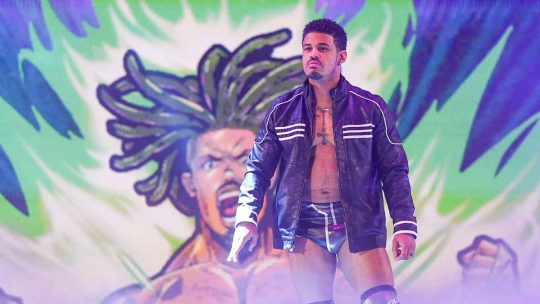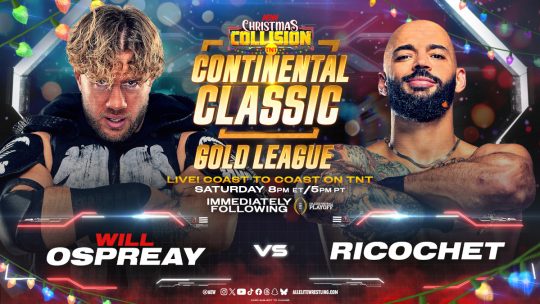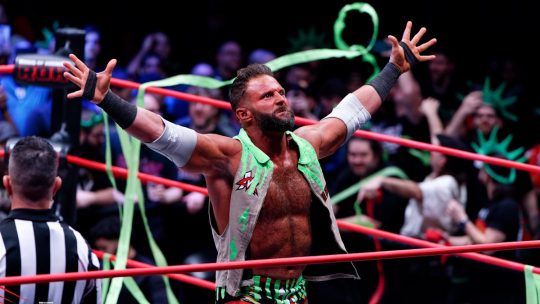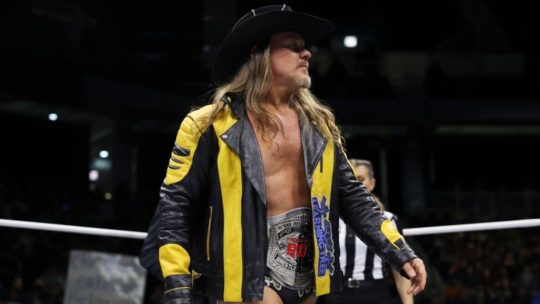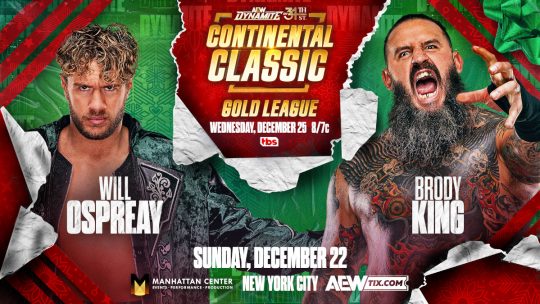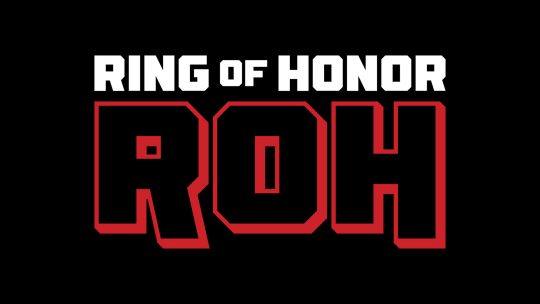John Cena was interviewed by Chris Van Vliet for his show, “Insight with Chris Van Vliet”:
During the interview he confirmed his return to WWE and also discussed a heel turn, how impressed he has been with Roman Reigns, the biggest lesson he’s learned from Vince McMahon, whether the “You can’t see me” joke ever gets old and much more!
Transcript
Chris Van Vliet: It is always good to see you but no matter what we talk about, the number one comment guaranteed will be ‘why is he talking to a blank background right now?’ Does that joke ever get old?
John Cena: “No not at all. I somehow through almost 2 decades of involvement with WWE have genuinely developed a superpower. I’m invisible bro, that’s pretty decent.”
Chris: So you’re a bad guy in Fast and Furious 9. Is this as close to a heel turn that we didn’t get in WWE?
John: “Man what a question. I knew you were going to have good stuff. I think this is a beginning to showcase the fact that it’s possible. Now as WWE invests and builds its roster and has a wealth of talent, it truly has many different anchors to the ship. Certainly Roman Reigns being a very marketable and definitive star. I think the reason for me not exploring that side is because WWE didn’t feel confident that they had an alternative. I respect that business choice I really do. But now with them really laying the foundation for their future, I mean even for life in the next decade or so, maybe but I don’t know. But what I do like about Fast is that it shows I am a human being like everyone else. I experience anger, sadness, bitterness, resentment. All those emotions like we all do. I’m given a form to display it, just like with Trainwreck. I’m always known for my childish comedy in WWE because it’s a PG show! Then if I’m put on an R rated comedy, everyone is like ‘Woah! He actually cusses!’ Yeah of course, it’s an R rated comedy. So it’s kind of being given a new set of tools and work with those tools.”
Chris: The ‘Fast’ franchise is all about family. You and Vin Diesel’s characters are very close, you’re brothers. So before you started filming, what did you guys do to build that rapport together?
John: “That’s a great question. Before I was even offered the part I had to go through a series of interviews. Vin wanted to meet me in person, and I met him at his training center little under 2 hours and we just spoke. Now we have 8 minutes to do an interview and in this interview, we will learn more about each other. Now compound that over a serious amount of time with no constraints in an environment that is comfortable for Vin. He felt really good asking me bold questions and opening the forum for me to do the same. After that conversation he shot a small social media video. If you go back and see the video I didn’t say much, I didn’t know what the hell was going on. Had I knew I was joining the Fast family I would have said some sort of bit about Fast. But it was kind of him assessing me as a human being and putting it out to the universe like ‘Hey what do you guys think about this?’ I really thank everyone, WWE supporters, Fast supporters because they were overwhelmingly positive. I also thank Vin for that conversation. I really enjoy that type of earning your merits. It’s very very similar to the WWE. They assess your performance but they also do their due diligence on who this human being is.”
Chris: You fit right into this role. I’m curious with your background in WWE you obviously know how to fall. So when you are in these fight sequences, when does John Cena get removed and the stunt double come in? How is that decision made?
John: “That’s made by people above me and I never question it. Because Fast is a production that uses a whole lot of resources. If we ever have to stop that production, we waste a whole lot of resources. The thing I was most amazed about Fast is the little that they waste on resources. It’s very vast and the scope is huge, but everything has meaning. They invest, but they invest properly and correctly. It’s very much like WWE, it’s a huge investment but you can see the return when you set up massive pyrotechnics or you turn a stadium into a beautiful LED display or digital display. That money is justified because as a consumer I’m entertained by it. So when they tell me ‘This might stop production, we are going to switch you out.’ I’m not like ‘No don’t’. I’m 44 man, I certainly have never been tough in my life, I don’t have to prove I’m tough. I’m not searching for validation on my masculinity or who I am as a human being. I really take the advice of those who know more than me. If they go ‘Yo, you shouldn’t do this.’ I’m like, ‘OK great’.”
Chris: You are always dressed so well every time I see you and I appreciate that. When was the last time you wore jean shorts?
John: “The last time was not this WrestleMania but last WrestleMania. I can tell you this, I very much look forward to wearing jorts again, it’s been too long.”
Chris: I mean it’s not a matter of if you are coming back to WWE it’s a matter of when you are coming back to WWE?
John: “You are absolutely correct. Yep.”
Chris: And you know now that live crowds are going to be back in WWE and full arenas, how excited are you for your music to hit and for you to be out there in front of the WWE Universe?
John: “So I’m going to modify the question, because I think the question is selfish. I’m excited for the WWE performers. I know hard it’s been. I don’t think I would have done very well in this atmosphere without an audience. But I also think that this time without an audience has allowed performers like Roman Reigns for example, to unobstructively mold his character. If you send Roman Reigns from city to city with paying audience after paying audience, there may be some audiences that don’t even care what he has to say. They just want to boo him or cheer him or whatever. Without that, especially developing your character and trying to get the message across, like trying to hand someone your business card. I think Roman has absolutely needed this time and in it he has developed his personality and found out who he is. Now when he goes back to live audiences, they aren’t confused. He’s spent this 15 month block defining who he is and he’s the one who can benefit from this. Whereas established performers, I think I really would have had a tough time with no audiences. I as a performer, am happy for the WWE to have crowds again. I really look forward to get back in front of those crowds. But I am happy for everybody that their music can hit and they can feel that genuine excitement that makes all of our hearts beat.”
Chris: It’s been amazing watching your career grow and blossom. I think that someone who has done what you have done and carved out a niche for themselves is Vince McMahon. What’s the biggest lesson you have learned from working with Vince?
John: “That’s another hour and a half special, maybe more. I continue to learn from him every single day. There is not an instance that goes by where I don’t reflect on my experience in the WWE and what he has taught me. Often times learning from osmosis, he doesn’t hit you over the head with the lessons, but you can learn from his decision making. It says a lot about the person and what you can take. That well is endless and not dried up yet. I continue to learn from him. I think the most valuable of all the lessons is to show up and deliver. That isn’t something he says, it’s something he does all the F’n time. He’s always there and he’s always invested. People can question his creative motives and whatever, it’s creativity, there’s always going to be an opinion. He’s always got his boots on the ground, he’s always invested and he always believes in his passion about the product. I think just showing up and delivering, that’s a huge takeaway.”
Chris: You are constantly looking to improve yourself and get better and I love that. Since your first film The Marine, which was 15 years ago, what have you done to work on your craft to become the actor you are now?
John: “I mean if you look at it in that perspective, I started out doing movies as a business decision. It was originally supposed to be Steve Austin but he passed. Vince was like ‘Hey I need you to go to Australia.’ This is 2 weeks before shooting. He explained if we can bolster WWE studios, we will bolster WWE live event attendance. We can host larger venues and be more widespread. I’m like this guy is onto something, lets go do this so I can get back to the ring. That’s the wrong approach to take, but I continued to take that approach to the movies that I did, and in turn I made a lot of bad movies. So now transfer that into WWE speak. This match would be good for the energy drink I’m trying to sell. If more people like the match more people will drink the energy drink. No, you have a match match because you f*cking loved to have those matches and you want to be there and be in the middle of it, look around at the majesty.
So it wasn’t until honestly the Fred movies where I could parody myself and that was kind of the start of all that. And after that Trainwreck, where I could have fun with the process and expect nothing out of it. Fred was a cameo, Trainwreck was a cameo and I did a bunch of other small cameos where I stop looking at is as a vehicle and start to look at this as creative fun. The thing is I was looking at WWE like that all of the time. WWE is not a vehicle for me to go anywhere else, it was where I want to be. I then fell in love with falling into another character, taking the jorts off once in a while and showing my ass on television. It’s fun, it’s imaginative and it also keeps the passion for WWE. If they change my character heel or babyface or whatnot, it doesn’t matter because I have these other outlets I can express those emotions that I want to do. I had to change my perception and that came after tremendous failure. I thought after all those bad movies I was done. 15 years later I got a second chance at the movie business and we are talking about Fast 9. But that comes from absolute fall on your face failure.”
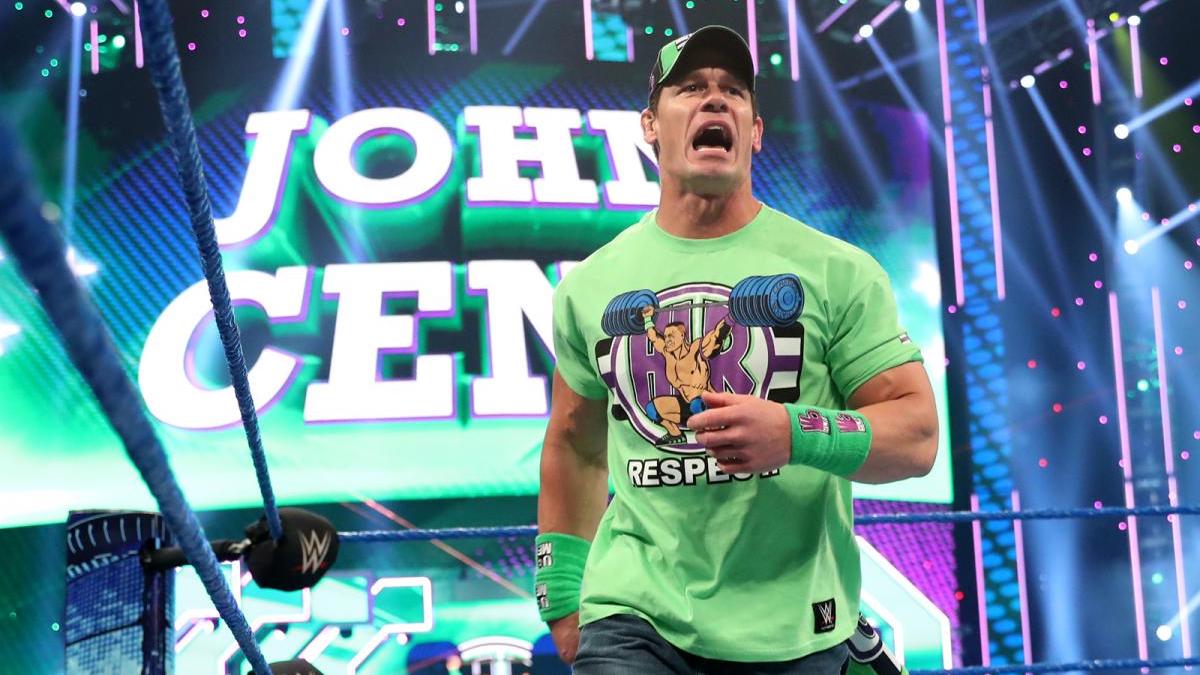
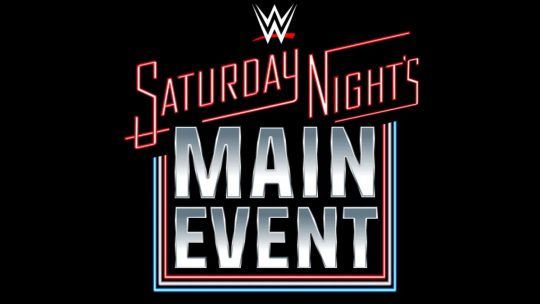 WWE Saturday Night’s Main Event Ratings – Dec. 14, 2024 – Over 1.5 Million for Series Return
WWE Saturday Night’s Main Event Ratings – Dec. 14, 2024 – Over 1.5 Million for Series Return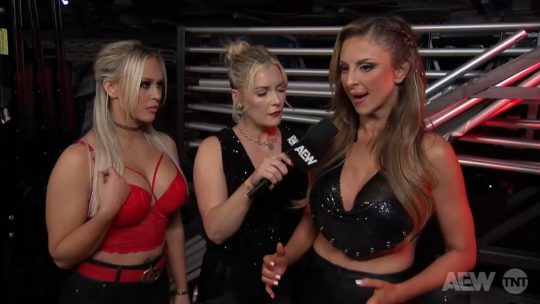 AEW Rampage Holiday Bash 2024 Notes: Updated Continental Classic 2024 Standings, Penelope Ford Forms New Partnership with Harley Cameron, New Match & Segment Set for 12/21 Christmas Collision Show
AEW Rampage Holiday Bash 2024 Notes: Updated Continental Classic 2024 Standings, Penelope Ford Forms New Partnership with Harley Cameron, New Match & Segment Set for 12/21 Christmas Collision Show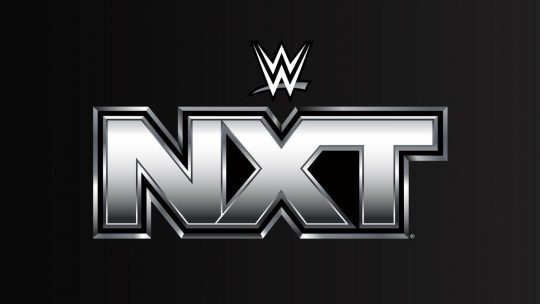 WWE NXT TV Taping Spoilers for December 24th Episode – New NXT Title Match Set for NXT New Year’s Evil 2025
WWE NXT TV Taping Spoilers for December 24th Episode – New NXT Title Match Set for NXT New Year’s Evil 2025